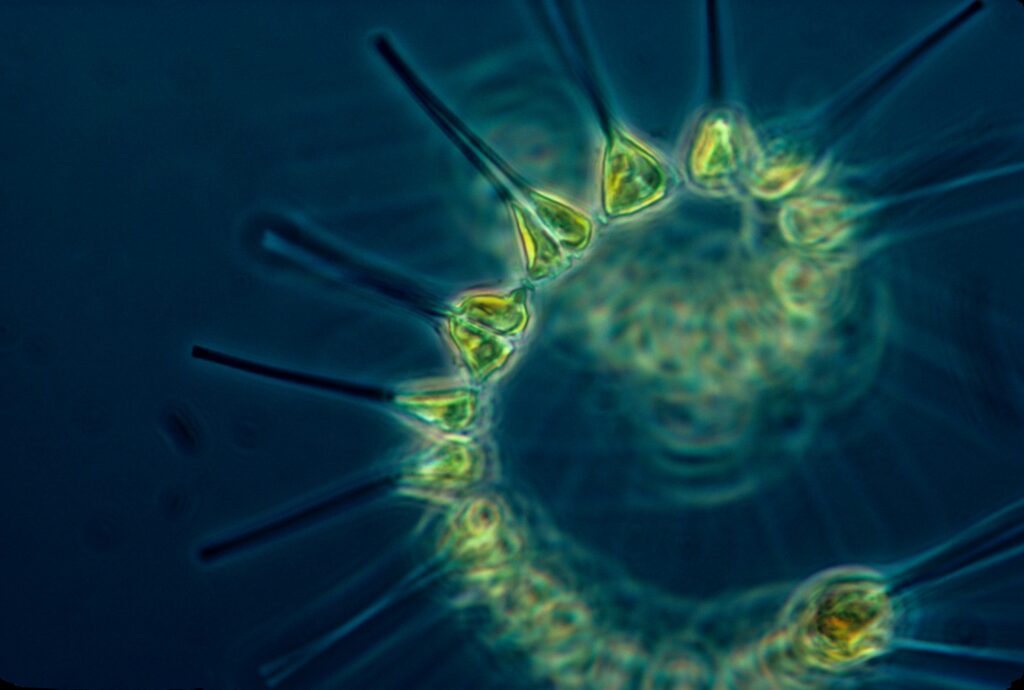There is an increasing interest in alternative sources for bioactive compounds that are both ethical and environmentally sustainable
When the ancient Greek storyteller Aesop first wrote the words “United we stand, divided we fall,” he was onto something profound. This proverb, typically associated with human cooperation, holds true in the natural world as well. In nature, organisms frequently form vital associations, including with microorganisms. Take humans, for example; we are not just solitary beings comprised of our own cells. Our bodies harbour a thriving ecosystem of microorganisms. The fascinating concept of the microbiome isn’t limited to land; it extends to the watery realms of our planet, including the oceans.
Marine microbiomes comprise a community of microorganisms and viruses dwelling in oceans and seas. These ecosystems also encompass interconnected environments such as the seafloor, marine animals, and plants. Marine microbiomes account for 90% of the total living marine biomass, showcasing their significant impact on underwater ecosystems.
